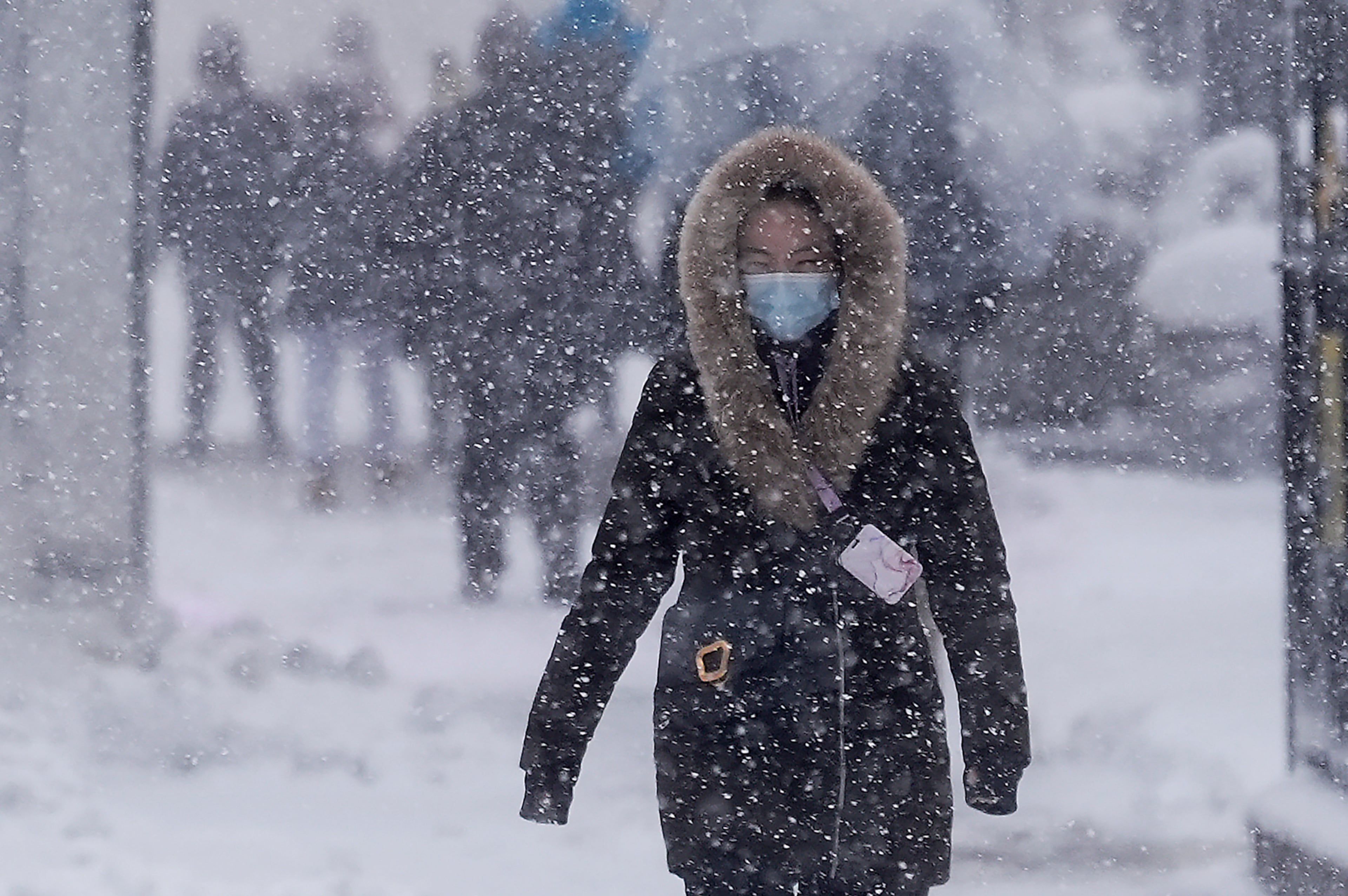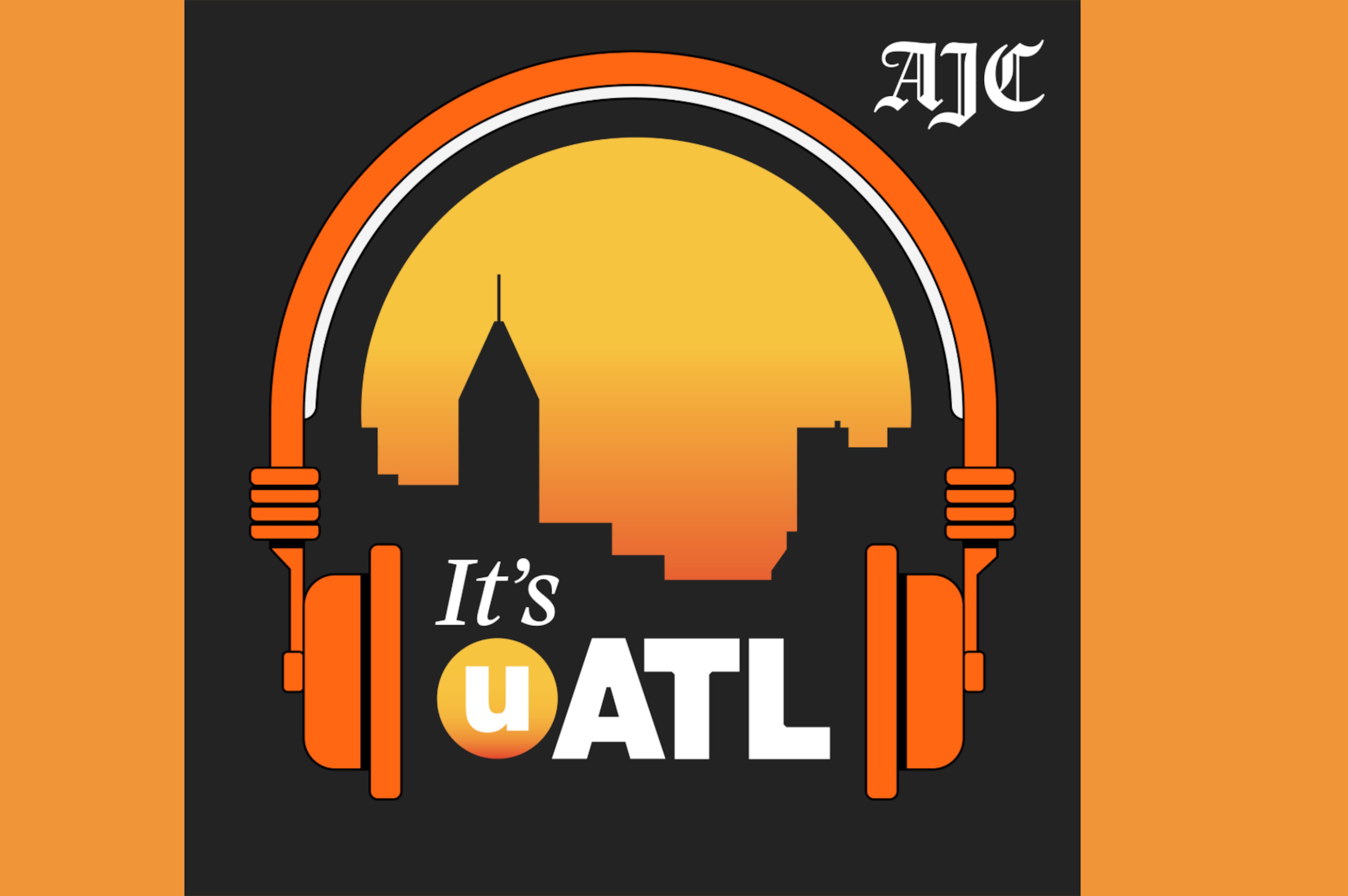Divided Georgia congregation illustrates heartbreak of United Methodist split

Kelly Garrett Glanton was christened at Carrollton First United Methodist Church in 1963.
Sixty years later, she watched her 3-month-old granddaughter get baptized in the family church.
Her granddaughter will probably be one of the last family members to be baptized at Carrollton First UMC, which voted to leave the denomination. Glanton and other members who want to stay United Methodist will meet elsewhere.
Carrollton First UMC is among 265 - or 38% - of churches in the North Georgia Conference of the United Methodist Church that have voted to leave the denomination.
On Saturday, the North Georgia Conference will hold a special called session in Athens to ratify the disaffiliation requests, allowing those churches who want to leave the ability to go.
The congregations that are leaving want to retain more traditional tenets of the denomination. They take issue with the ordination of “practicing, self-avowed” gay clergy and performing same sex marriage. Others are concerned that the denomination is becoming too progressive or they fear changes over biblical interpretation.
“It makes me sad,” said Glanton, 60. “It’s been the biggest heartbreak. Fear about what might happen becomes more important than relationships. That’s hard to get over.”
Many of the churches that have already disaffiliated have become independent or joined other Methodist denominations, including the more conservative Global Methodist Church.
The North Georgia Conference “is in a season of pruning,” said Bishop Robin Dease in a statement.” No matter how painful the pruning might be, it is a way to make room for new life, new growth. It reminds us how God continues to work in and through us just like God works in all creation.”
Sybil Davidson, a spokeswoman for the North Georgia Conference said “Our hope is to move through this graciously and thoughtfully, treating each church equally. Our mission stays the same, who we are stays the same.”

The churches that leave the conference will fulfill certain financial obligations and depart with assets and property.
Of those leaving, most have on average fewer than 50 members.
Prior to Saturday’s action, the conference had 700 churches and about 320,000 lay members. Though numbers will shrink substantially, the North Georgia conference is already planting new churches and ministries in communities that have lost churches.
Before reaching the conference level for a vote, local churches had to hold their own vote and receive a two-thirds majority of those present. Once the churches departing the denomination are ratified, the date of disaffiliation is Nov. 30, but churches still have 30 days to complete any requirements.
Glanton grew up in Carrollton First UMC. On some Sundays, there were four generations of her family In the pews of the white brick church, which has been in that location since 1904.
You can usually find her during services in the same pew she has sat in for years: third row on the left facing the pulpit near the organ.
She said the issue has been so divisive in the congregation that longstanding friendships have been affected.
“We existed for years and years as United Methodists, knowing that there were other members of our church family who didn’t agree with us 100 percent,” said Glanton, who is serving as leader of the transitional team and of new leadership.
She said some of her fellow congregants feared that at the next General Conference in 2024 in Charlotte, delegates would change wording in the Book of Discipline as it relates to LGBTQ inclusion, and that the denomination was becoming too progressive.
The Book of Discipline outlines the law, procedures, doctrine, administration and organizational work of the United Methodist Church.
Glanton doesn’t believe any local church would be forced to perform same sex marriages. Personally, she is in favor of that language being removed but she would stay United Methodist even if it weren’t and “work for change” from the inside.
In 2019, during the UMC’s General Conference, which is held every four years, delegates approved a plan upholding and strengthening prohibitions against the ordination of non-celibate LGBTQ clergy and performance of same-sex marriages .
“The day of the vote (to leave the denomination), I cried,” Glanton said. “My children cried. It was terrible for me and my family. Our church has been taken from us.

Carrollton, along with nearly 190 other churches in the North Georgia Conference, sued the Conference and others, after the process to disaffiliate was temporarily paused. Cobb County Superior Court judge ordered the conference to proceed with the process to allow those congregations to vote on whether or not to leave the denomination.
What conference leaders didn’t predict, though, was that even more churches would vote to leave.
“We’ll be smaller, that is for sure,” said the North Georgia Conference’s Davidson. “The conference has long been making plans to operate on a smaller budget and will continue living into that smaller budget.”
Among the largest churches by average worship attendance that plan to leave are Mt. Pisgah United Methodist Church in Johns Creek, Creekside United Methodist Church in Cumming and Alpharetta First United Methodist Church, according to the North Georgia Conference.
Anne Ball is one of the congregants who voted to disaffiliate.
Ball, a retired instructor at the University of West Georgia, said she and her husband struggled with how to vote.
Ball doesn’t think openly gay clergy should be ordained. And, while she doesn’t mind same sex couples being married in a civil ceremony, she doesn’t think they should be married in the church. But she said that wasn’t her main reason for voting to leave.
A former delegate, Ball’s main issue was that she had lost confidence in the conference and denominational leadership.
Ball, who has been a member of the church for 57 years, was concerned about what she viewed an an emphasis on social and cultural issues rather than articles of faith.
“It’s heartbreaking for everyone,” she said. “Nobody wanted this.”
The Rev. Dr. Robert C. Brown, senior pastor of Carrollton First UMC, and those who wanted to remain in the denomination soon will begin holding services at nearby “Mighty” Moore’s Chapel UMC about three blocks away. It’s a predominately Black congregation and the two churches have had a longstanding relationship.
They will initially hold separate worship services in Moore’s Christian Life Center.
The name of the new congregation will be changed to Community First United Methodist Church. “We will offer God’s grace and forgiveness and leave judgement to God. Everyone will be seen, heard, valued and invited to participate fully.”
These last few Sundays, he has looked out into the pews where people have been members of Carrollton First UMC for decades and generations.
“I’m feeling very hopeful about the future, but my heart is heavy and grieving because of the relationships that have been irrevocably broken,” said Brown.

Rev. Edward J. Landrum, pastor of Moore’s Chapel and president of the Carrollton Ministerial Coalition, said his church decided to stay United Methodist.
“My heart breaks and I’m sure it breaks God’s heart about what the Church is going through right now,” he said.



